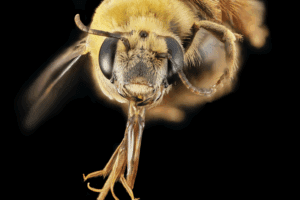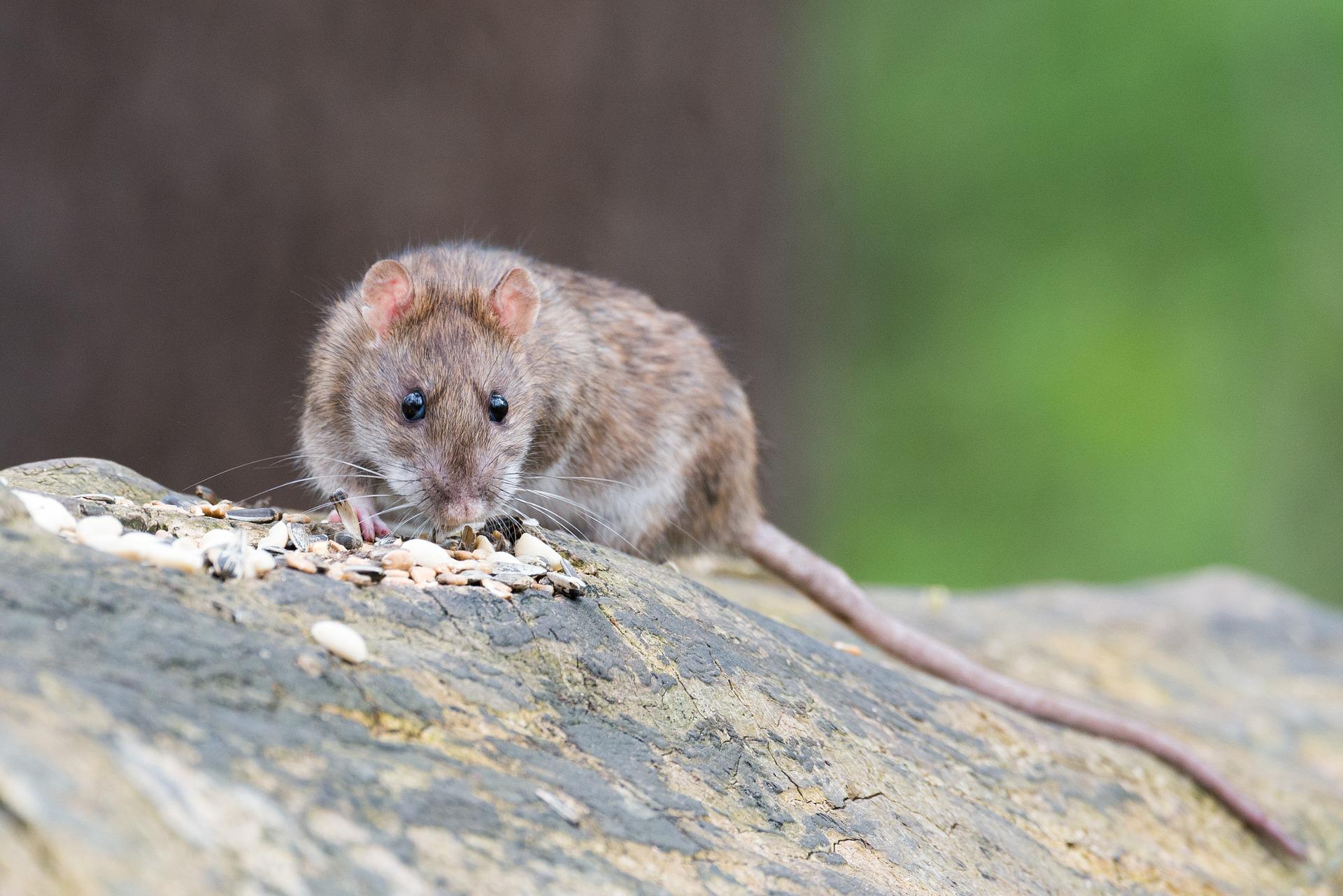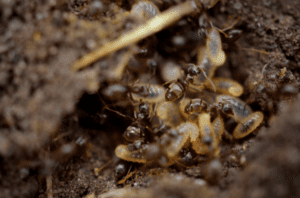Rat infestations pose challenges to health, property, and peace of mind. Exploring the question of what rats eat, this article delves into their dietary preferences and explains how understanding them is essential for effective control and prevention. As highly adaptable creatures, rats thrive in diverse environments, requiring comprehensive strategies for eradication. We examine the nature of rats, including their behaviors, the dangers they present, and effective eradication strategies. From integrated pest management to understanding attractants, our exploration delves into the intricacies of rat control, aiming to equip readers with the knowledge to safeguard their homes and businesses from these resilient rodents.
What do Rats Like to Eat?
Rats are opportunistic omnivores with a diverse palate. They typically consume a wide range of foods, showing a preference for grains, fruits, and vegetables. Common staples in a rat's diet include cereals, rice, oats, and bread. Fruits such as apples, bananas, and berries are also appealing to them. Additionally, rats have a penchant for vegetables like carrots and leafy greens. Protein sources, such as lean meats, eggs, and dairy products, contribute to their nutritional needs. Despite their adaptability, rats may also indulge in human food scraps and leftovers, displaying a scavenging behavior. Overall, the varied diet of rats reflects their ability to thrive in different environments by making the most of available food sources.
How Do Rats Find Food?
Rats employ a combination of keen senses and adaptive behaviors to locate food. Their highly developed sense of smell plays a pivotal role, allowing them to detect odors from considerable distances. Rats have specialized olfactory receptors that aid in identifying potential food sources, even if hidden or stored away. Their tactile whiskers, known as vibrissae, provide additional sensory information, helping them navigate and explore their surroundings.
Rats are nocturnal creatures, and they often forage under the cover of darkness to minimize exposure to predators. Their exceptional agility allows them to squeeze through small openings and navigate complex environments, facilitating access to potential food stores. Rats are also known for their intelligence and problem-solving abilities. They can quickly learn and remember the locations of food-rich areas, utilizing spatial memory to revisit these places.
Furthermore, rats exhibit social learning, observing the foraging behavior of their comrades and adapting their own strategies accordingly. Their omnivorous nature and adaptability enable them to exploit a variety of food sources, including human settlements where they may scavenge for discarded food. Their combination of sensory acuity, nocturnal behavior, problem-solving skills, and social learning contributes to the effectiveness of rats in finding and accessing food.
What Attracts Rats?
Rats are attracted to various environmental factors that satisfy their basic needs. Understanding what do rats eat is crucial in mitigating their presence. Primarily, the availability of food acts as a powerful magnet for rats. They are opportunistic feeders, enticed by locations with accessible and abundant food sources like garbage, leftovers, grains, and pet food.
Water sources are another significant attraction for rats. Access to water is essential for their survival, and locations with consistent water availability, such as leaky pipes or open containers, are likely to be frequented by rats. Shelter is also crucial, prompting rats to seek out areas that provide protection from predators and environmental elements. Spaces with clutter, piles of debris, or hidden nooks can serve as suitable hiding spots.
Environmental warmth is an additional factor that attracts rats, especially during colder seasons. Buildings with gaps or cracks offer cozy nesting sites for them. Additionally, rats are social animals, so areas where they can find companionship and safety, such as colonies or established nests, are appealing. Understanding and mitigating these attractants, through proper waste management, sealing entry points, and maintaining cleanliness, are key measures in preventing rat infestations and promoting a less hospitable environment for these rodents.
Are Rats Dangerous?
Rats pose various dangers, primarily due to their role as carriers of diseases. They can transmit pathogens through their urine, feces, and saliva, contaminating food and surfaces. Diseases such as leptospirosis, hantavirus, and rat-bite fever are associated with rats, posing significant health risks to humans. Additionally, their constant gnawing on structures and wiring can lead to property damage, potentially causing fires and electrical failures.
Rats are prolific breeders, and a small infestation can quickly escalate into a large population, exacerbating the risks they pose. Their rapid reproduction also makes it challenging to control and eliminate infestations once established. Furthermore, rats can compromise food supplies by contaminating them with their droppings and urine, contributing to economic losses in agriculture and food industries.
Beyond the direct health and economic risks, rats are associated with psychological stress, as their presence can create fear and anxiety. Bites from rats, though relatively uncommon, can lead to infections and allergic reactions.
Can Pest Control Get Rid of Rats?
Pest control can effectively eliminate rat infestations through various strategies. Integrated Pest Management (IPM) involves a holistic approach, including identifying and sealing entry points, implementing proper sanitation measures, and employing traps or rodenticides when necessary. These methods aim to address the root causes of rat presence, minimizing reliance on chemical pesticides and emphasizing sustainable practices. While complete eradication is challenging due to rats' reproductive capabilities, a well-executed pest control plan can significantly reduce and manage rat populations, mitigating health and property risks. Regular monitoring and preventive measures are crucial for long-term success in rat control.
Effective rat control demands a strategic, multifaceted approach. Twin-Boro’s control experts are ready to safeguard your property from health risks and damage associated with rats in NJ. Don't let rats disrupt your peace—contact us today for a tailored solution. Your satisfaction and a pest-free environment are our top priorities. 







